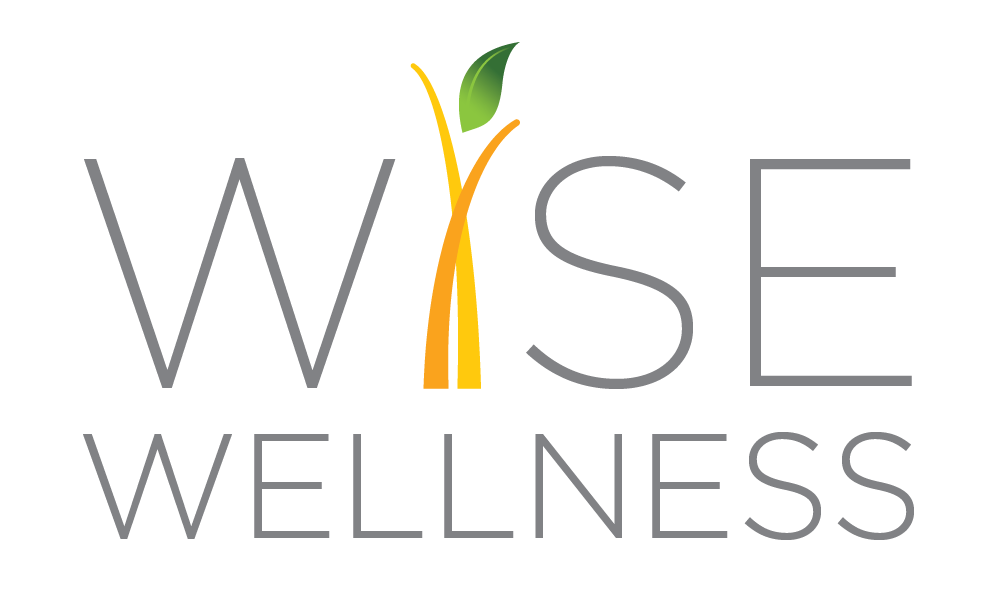Prioritizing Bone Health: Practical Tips for All Ages
(yes, young adults need to be aware too!)
I just returned home from a bone scan—one of the easiest and most comfortable tests women undergo. You simply lie there, fully clothed, for less than 10 minutes!
This year, I turn 50 and feel I’m nearing the end of my menopause transition, which puts me at risk for bone loss.
I have gotten bone scans in the past as I had frequent stress fractures. They were all caused by leaky gut and lack of nutrient absorption, so pay attention if you have gut dysfunction along with aging!
In older adults, osteoporosis-related fractures can increase the risk of death, especially in the first year after a fracture due to complications that can arise.
Understanding Menopause & Bone Health
The average age for menopause (defined as one year since your last period) is 51, but it varies:
Typical range: 45-55 years old
Early menopause: 40-45 years old
Premature menopause: Before age 40
Menopause significantly impacts bone health. The decline in estrogen levels accelerates bone loss, increasing the risk of osteoporosis—a condition where bones become brittle and prone to fractures. In fact, women can lose up to 10% of their bone density within the first five years after menopause.
The Importance of a Bone Density Test
I encourage all my clients to schedule a bone density test as a baseline. Since bone loss is most rapid in the first few years post-menopause, knowing where you stand allows for early intervention.
Start Early: Bone Health for Teens & Young Adults
Peak bone density is reached between ages 25-30—this is when bones are at their strongest. After that, bone loss gradually begins. Since many of us have teenage or young adult children, it’s crucial to support their bone health early.
Both of my children have had challenges with food, which has impacted their bone health. My youngest has already had a bone scan, and I have one scheduled for my 19-year-old in March. Petite, white females are at a higher risk of osteoporosis, so I want to ensure she builds as much bone density as possible before her peak years pass.
If you have a teen or young adult at risk, consider asking your doctor for a referral for a bone scan.
Foods & Drinks That Weaken Bones
High-salt foods – Excess salt increases calcium loss
Sugary drinks – Reduce calcium absorption
Soda – Phosphoric acid & caffeine may contribute to bone loss
Caffeine (coffee, tea, energy drinks) – Can increase calcium excretion
Excess alcohol – Interferes with calcium absorption & hormone balance
How to Strengthen Bones
Strength Training – Weight-bearing exercises stimulate bone growth.
Calcium - How Much Do You Need?
Recommended intake: 1,200 mg per day
Best source: Food (supplements should only be used to fill gaps, as excessive calcium supplementation can be harmful to arteries)
Helpful tool: Calcium Calculator
Aim for whole food sources like:
Sesame seeds, tahini, plain yogurt
Tofu, figs, almonds
Canned sardines & salmon (with bones)
Eggs
Vitamin D + K2 – Work together to improve calcium absorption and direct it to bones rather than arteries.
Vitamin D increases calcium absorption.
Vitamin K2 ensures calcium is properly utilized.
Magnesium helps the body use calcium and vitamin D efficiently.
Recommended Supplements (Consult your healthcare provider first!)
Taking care of your bones is an investment in your future health. Schedule a bone density test, incorporate strength training, and prioritize a calcium-rich diet today to build stronger bones for years to come!Start early, stay consistent, and prioritize a bone-strengthening lifestyle!

